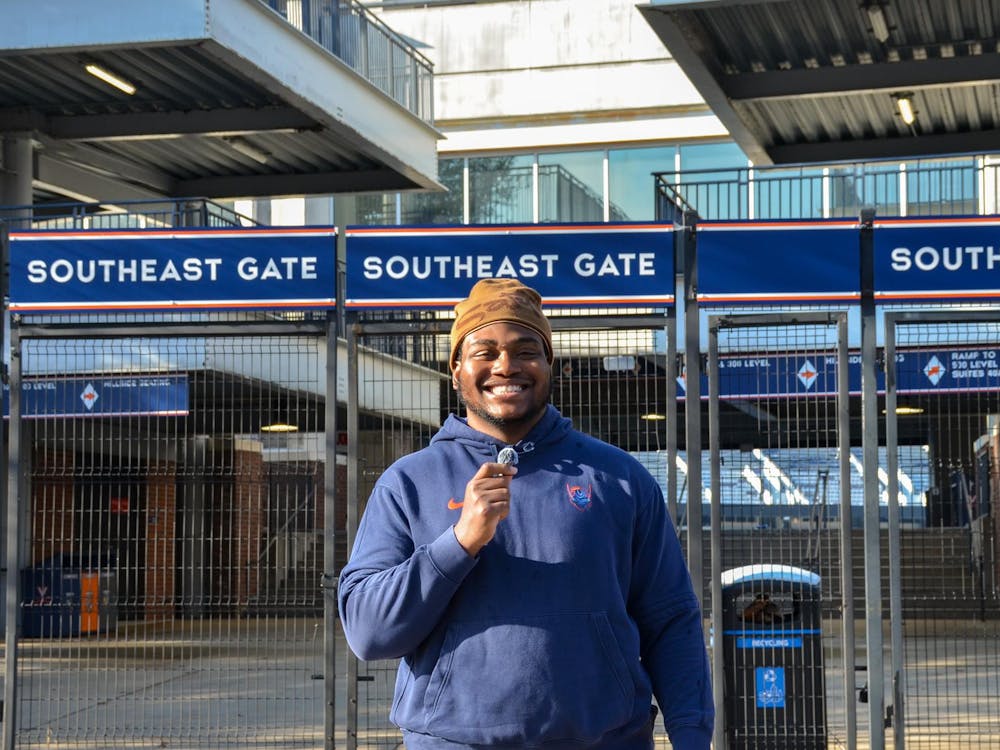Last Thursday the United Arab Emirates-based company Dubai Ports World announced that it plans to transfer the rights to operate U.S. ports to an American-based entity under pressure from Congress.
Dubai Ports World bought out the London-based company Peninsular and Oriental Steam Navigation Co., which previously operated six of the United States' biggest ports, including Baltimore and New York March 2. President Bush's support of the deal outraged members from both parties of Congress concerned about national security, but Bush threatened to veto any effort by Congress to block the port turnover.
According to Rep. Peter T. King, R-N.Y., the United Arab Emirates supported the Taliban and were "very close with bin Laden" as recently as four and a half years ago, according to The Washington Post.
Dubai Ports World first agreed to conduct a 45-day review of the national security implications of taking over operations of the ports as a result of Congress' disapproval before deciding to sell the port operations.
First-year College student Laura Harris, who hails from a suburb of New York City, said she believed the deal posed a national security threat.
"Considering that the United Arab Emirates was supporting the Taliban at one point, [Dubai Ports World] needs to be looked into more than other companies," Harris said. "I'm not saying we shouldn't accept them."
On the other hand, first-year College student Jocelyn Spaar said she thought the harsh reactions to the deal were unfounded.
"There's no way of knowing whether or not this would have been a threat to the U.S.," Spaar said.
Although first-year College student Kristen Wolf said she had reservations about security issues concerning Dubai Ports World, she hesitated to condemn the company.
"We're jumping to conclusions about a company that we don't know if it is associated with terrorism," Wolf said.
The proposed 45-day review of security issues settled Harris's uneasiness, but she said the review was not enough to change her opinion entirely.
"The review doesn't completely change my mind," Harris said. "I think that it shows a spirit of cooperation, but the review is also more in the company's terms."
Wolf questioned whether Dubai Ports World should have hired an outsider to conduct the review rather than perform the review on their own company.
"They probably would have made themselves look like everything's wonderful," Wolf said.
Both Harris and Wolf said they believed the public and Congressional outcry arose from the company's location in the Middle East.
"There's an automatic bias because the company is based in the Middle East," Wolf said. "It's not fair to the company, but we have to be cautious."
Harris pointed out that though Dubai Ports World is located in a Middle Eastern country, the company may not share anti-American sentiment.
"There's still a lot of fear about that area," Harris said. "But this company is in big business. It's a multinational company, and it's not about to decry American capitalism when it's doing deals with London."
Spaar said the public's objection to the deal because of the company's base country is groundless as well.
"The whole ordeal has been sensationalized because people are paying more attention to the fact that it is a Middle Eastern country, and they are overlooking America's alliance with the United Arab Emirates," Spaar said.
Harris said Congress and the American public's staunch disapproval of Dubai Ports World controlling American ports could possibly affect future relations with the Middle East.
"There's already a pretty bad American image in the Middle East," Harris said. "It's not a surprising thing to me that there was American outcry, and it probably wasn't surprising to the Middle East either. I think this deal confirmed the bad image rather than creating it."






